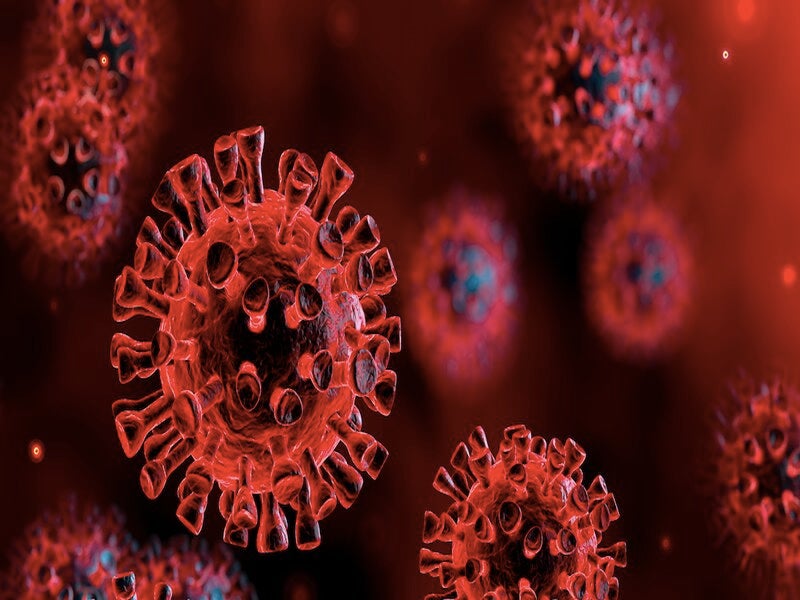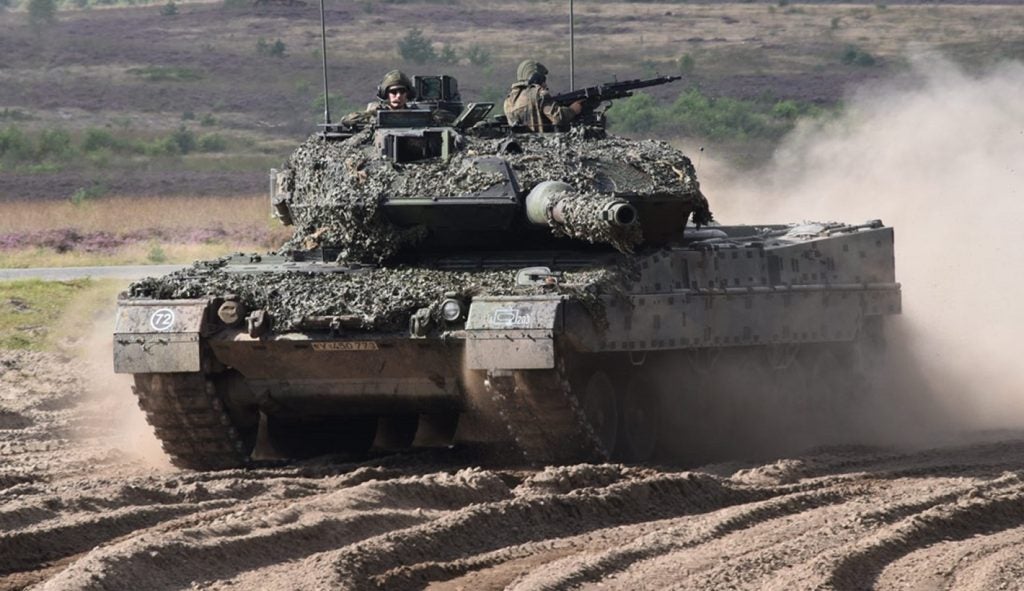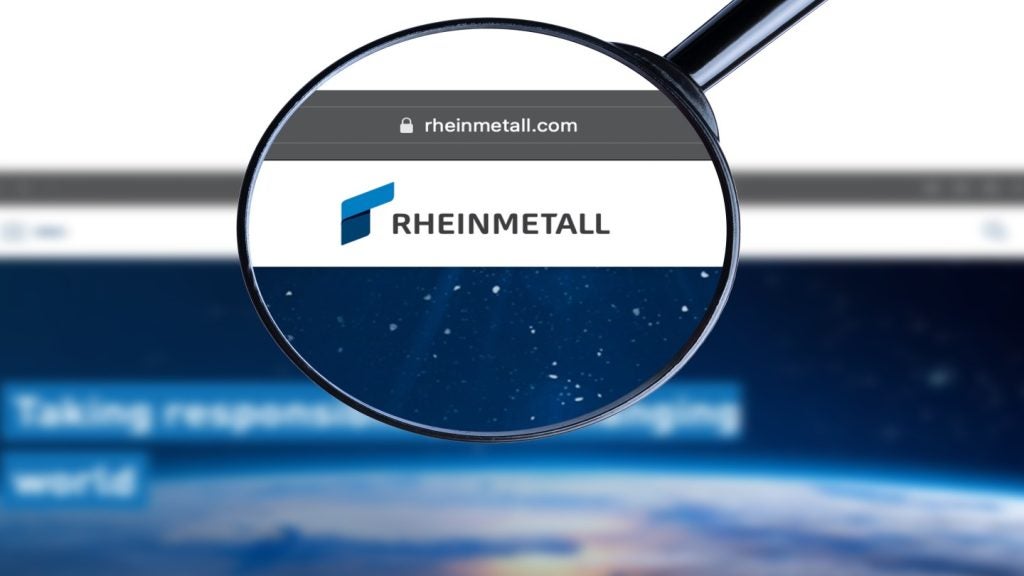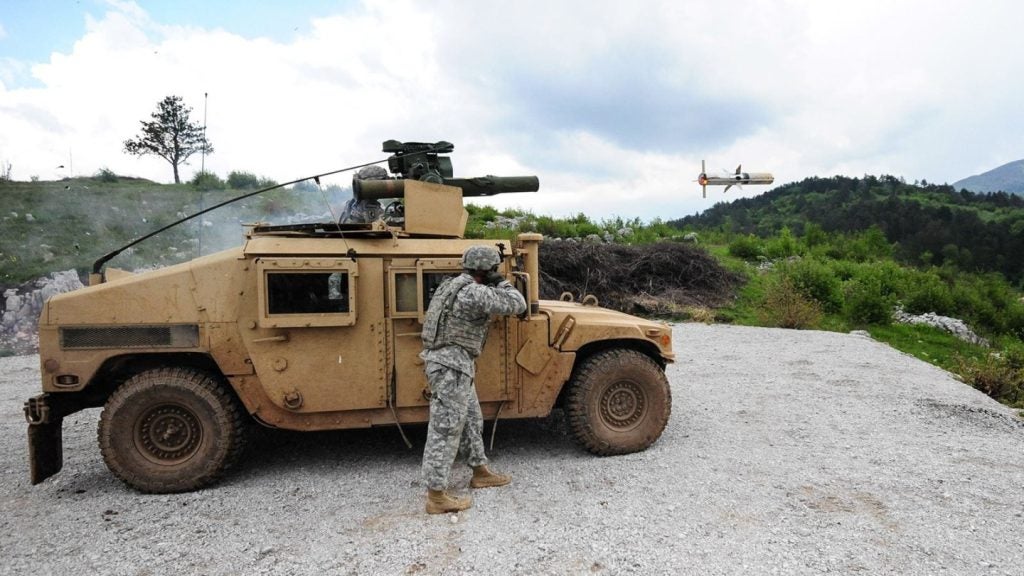
Follow the latest updates of the outbreak on our timeline.
SAB Biotherapeutics (SAB) has won an expanded scope from the US Department of Defense (DoD) on its Rapid Response contract for its new therapeutic drug candidate, SAB-185, to treat coronavirus (Covid-19) pandemic.
The contract has been awarded by the US Department of Defense (DoD) Joint Program Executive Office for Chemical, Biological, Radiological, and Nuclear Defense (JPEO – CBRND) and Joint Project Lead for Enabling Biotechnologies (JPL-EB).
The $9.4m contract is supported by the Biomedical Advanced Research Development Authority (BARDA).
BARDA is part of the Assistant Secretary for Preparedness and Response (ASPR) at the US Department of Health and Human Services.
The therapeutic candidate generates targeted human antibodies without the need for human donors.
How well do you really know your competitors?
Access the most comprehensive Company Profiles on the market, powered by GlobalData. Save hours of research. Gain competitive edge.

Thank you!
Your download email will arrive shortly
Not ready to buy yet? Download a free sample
We are confident about the unique quality of our Company Profiles. However, we want you to make the most beneficial decision for your business, so we offer a free sample that you can download by submitting the below form
By GlobalDataThe initial lot of SAB-185 therapeutic candidate is expected to be available for clinical evaluation this year.
Generated using DiversitAb platform, the immunotherapy produces fully human polyclonal antibodies targeting the SARS-CoV-2 virus that causes Covid-19.
Once enabled, the approach is expected to produce greater quantities of neutralising antibody product.
The development will simultaneously overcome other challenges of traditional human antibody donor methods including the need to identify, screen, and draw blood from recovering volunteers.
The scope of current JPL-EB rapid response contract has been expanded and funded by the DoD. This has been categorised as ‘Stage 4: Covid-19 Pandemic Response.’
SAB Biotherapeutics president, CEO and co-founder Eddie Sullivan said: “SAB has developed a unique system to naturally, rapidly, and consistently produce large amounts of targeted human antibodies without human donors, as we have done with MERS and Ebola.
“Our targeted high-potency immunotherapies leverage the native immune response thereby providing a highly specific match against the complexity, diversity and mutation of a disease.
“We have data in other indications demonstrating that our therapies are much more potent than those produced from convalescent plasma from recovered patients and data showing SAB’s therapies remain effective when other therapeutics may develop resistance.”







